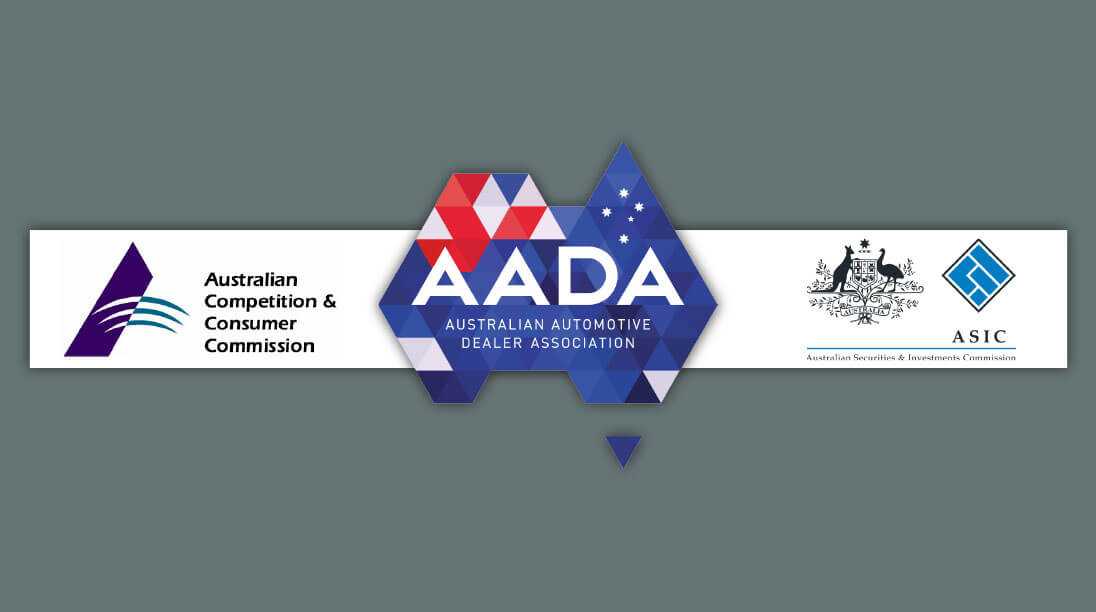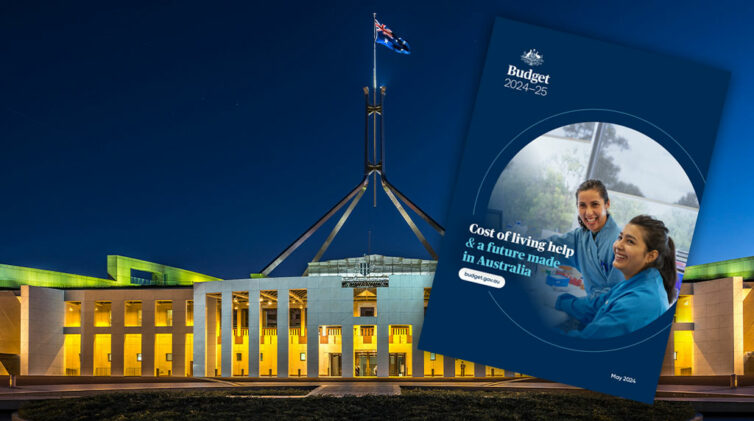The Australian Competition and Consumer Commission (ACCC) announced last week that it would deny permission for 16 insurance companies to agree to cap commissions paid to car dealers who sell their add-on insurance products at 20 per cent.
What the ACCC said, basically, was that there was likely to be no public benefit in having 16 insurance companies collude to determine how much commission they should pay. Hardly surprising.
However, the ACCC is nothing if not thorough so before reaching that conclusion they consulted far and wide.
According to the ACCC’s draft determination on this matter the Australian Security and Investments Commission (ASIC) had originally given ‘in principle’ support to the proposed cap, but now says that addressing the range of problems it has identified requires a ‘package’ of reforms.
ASIC says that while a cap on commissions is likely to be a very useful element of this package, it would, on its own, not be sufficient. ASIC states that additional measures are clearly required and one such measure is a deferred sales model.
A deferred sales model is where dealers would not be able to finalise insurance sales to their customers at the same time as they are signing up to buy a car.
This move is designed to allow customers to clear their heads and focus on insurance as a separate transaction without the distraction, emotional or otherwise, of buying a new car.
A number of such models operate in financial services in other countries including the UK.
Regular readers of GoAutoNews Premium will already know that the Australian Automotive Dealers Association (AADA) opposed the cap, saying it would maintain insurers’ margins without any mechanism to ensure savings are passed on to consumers while financially impacting motor vehicle dealerships.
What you may not know is that both the Australian Holden Dealer Council and the Mitsubishi Motors Australia Limited National Dealer Council weighed in with submissions of their own in support of the AADA.
The Holden dealers questioned why the proposed action was related to who sold the insurance rather than the actual product, while the Mitsubishi dealers said the cap’s focus appeared to be on reducing the viability of car dealer sold insurance so as to direct sales towards the insurers own online offers.
Amongst other submissions received by the ACCC was one from the Insurance Council of Australia who were firmly in favour of the cap, and another from the National Insurance Brokers Association, who didn’t object so long as the cap only applied to car dealers and not them.
The Consumer Action Law Centre, Choice and the Financial Rights Legal Centre were all against the cap for a variety of reasons that all boiled down to no public benefit.
What everyone wants to know now is ‘what happens next’?
Hurry up and wait. The Insurance Council of Australia indicated that discussions in various working groups were ongoing while an ASIC spokesperson told GoAutoNews Premium that they would have something further to say on the matter, “in a month or so”.
By Daniel Cotterill













 Read More: Related articles
Read More: Related articles

